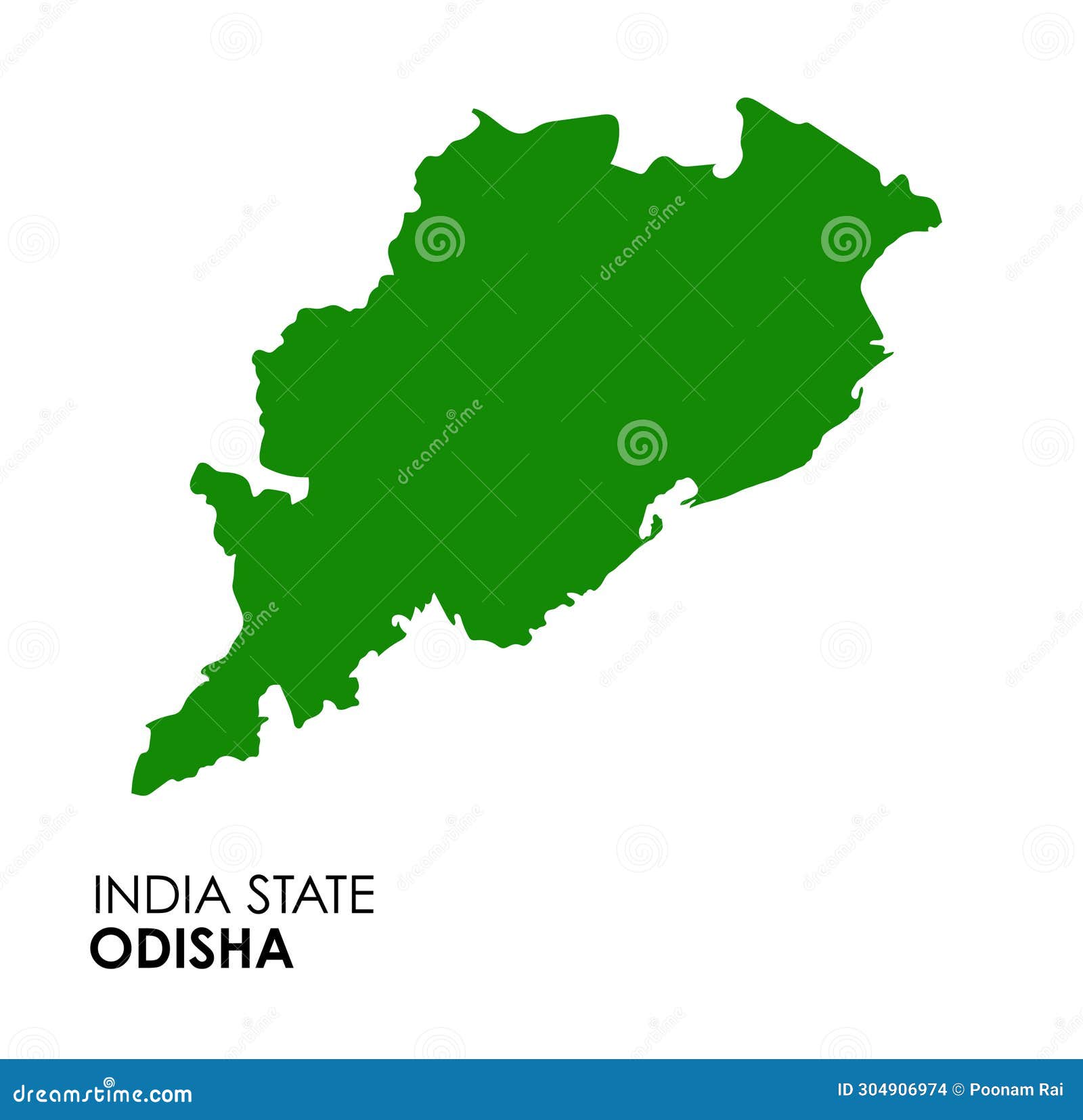Odisha MMS Video: The Controversy Unpacked And What You Need To Know
Let me break it down for you, folks. The Odisha MMS video has been making waves across the internet, sparking debates, outrage, and a whole lot of questions. If you're here, chances are you're curious about what all the fuss is about. Well, buckle up, because we're diving deep into the details surrounding this viral sensation. From its origins to the implications, we'll cover everything you need to know.
Now, before we get into the nitty-gritty, let's set the stage. The Odisha MMS video isn't just another viral clip floating around online. It's a topic that touches on privacy, legality, and social responsibility. And trust me, these are conversations we need to have. So, whether you're curious, concerned, or just want to stay informed, this article is for you.
As we dive into the details, remember that knowledge is power. Understanding the context and consequences of events like this can help us navigate the digital world more responsibly. So, let's not waste any more time and jump right in. Are you ready? Let's go!
- Securely Connect Remote Iot Vpc Raspberry Pi Free Download The Ultimate Guide
- Emma Anturin The Rising Star Whorsquos Capturing Hearts Globally
What Exactly is the Odisha MMS Video?
Alright, let's start with the basics. The Odisha MMS video refers to a controversial clip that originated in the state of Odisha, India. It quickly gained attention due to its sensitive nature and the circumstances surrounding its creation and distribution. The video has sparked widespread discussions about privacy, consent, and the impact of digital media on society.
Here's the thing, folks. In today's digital age, content can spread like wildfire. And when that content involves personal or private moments, it raises serious ethical questions. The Odisha MMS video is a prime example of how technology can sometimes outpace our ability to handle it responsibly.
To give you a better understanding, let's break it down:
- Motherrsquos Warmth Chapter 3 A Heartfelt Dive Into The Stories That Bind Us
- Jey Uso The Phenomenal Rise Of Wwes Dynamic Superstar
- It's a video that went viral due to its controversial nature.
- It originated in Odisha, a state in eastern India.
- It has raised important questions about privacy and digital ethics.
Understanding the Origins of the Odisha MMS Video
Now, let's rewind a bit and explore how this whole thing started. The Odisha MMS video reportedly originated from a personal recording that somehow found its way onto the internet. How it leaked and who was responsible are still subjects of investigation and speculation. But one thing's for sure—once it hit the web, it spread like crazy.
Think about it. In today's world, where everyone's glued to their smartphones, content can go viral in a matter of hours. And when that content is sensitive or controversial, the stakes are even higher. The origins of the Odisha MMS video highlight the importance of digital literacy and responsible behavior online.
Who Was Involved in the Creation of the Video?
While the exact details remain murky, reports suggest that the video involved individuals from Odisha. Names and identities have been circulating online, but it's crucial to approach such information with caution. Spreading unverified details can lead to further harm and misinformation.
Here's a quick rundown of what we know:
- The video reportedly features individuals from Odisha.
- Investigations are ongoing to identify those involved.
- It's essential to avoid spreading rumors or unverified information.
The Legal Implications of the Odisha MMS Video
When it comes to content like the Odisha MMS video, legality is a big deal. In India, laws related to privacy, consent, and digital media are strict. Sharing or distributing such content without consent can lead to serious legal consequences. And let's be real, folks—no one wants to end up on the wrong side of the law.
Here's a breakdown of the legal aspects:
- Sharing private content without consent is illegal under Indian law.
- Individuals found guilty can face criminal charges.
- It's crucial to report any illegal content to authorities.
So, if you come across something questionable online, the best course of action is to report it and avoid sharing it further. Your actions can make a difference in preventing harm.
Privacy Concerns and the Impact on Victims
Let's talk about the human side of this story. The individuals involved in the Odisha MMS video are real people with real lives. The impact of such content going viral can be devastating. Privacy violations can lead to emotional distress, social stigma, and even physical harm.
Here's what we need to remember:
- Victims of privacy violations deserve support and empathy.
- It's important to respect their privacy and avoid spreading harmful content.
- Offering help or resources can make a positive difference.
If you or someone you know is affected by similar situations, reaching out to trusted organizations or authorities can provide much-needed assistance.
How Technology Plays a Role in Viral Content
Now, let's zoom out and look at the bigger picture. Technology has revolutionized the way we communicate and share information. But with great power comes great responsibility. The ease with which content can be shared online also means that harmful or sensitive material can spread rapidly.
Here are some key points to consider:
- Social media platforms have tools to report and remove harmful content.
- Users play a crucial role in preventing the spread of such material.
- Educating ourselves and others about digital responsibility is vital.
By staying informed and using technology responsibly, we can create a safer digital environment for everyone.
Steps to Stay Safe Online
So, how can you protect yourself and others from similar situations? Here are some practical tips:
- Be cautious about what you share online.
- Use strong passwords and enable two-factor authentication.
- Report any suspicious or harmful content to the appropriate authorities.
Remember, folks, staying safe online isn't just about protecting yourself—it's about creating a safer space for everyone.
Why Digital Literacy Matters
Digital literacy is more important than ever. Understanding how to navigate the digital world responsibly can help prevent situations like the Odisha MMS video from escalating. By educating ourselves and others, we can foster a culture of respect and accountability online.
Public Reaction and Social Media
When something as controversial as the Odisha MMS video hits the internet, public reaction can be intense. Social media platforms become hubs for discussion, outrage, and sometimes misinformation. It's crucial to approach these conversations with a level head and a commitment to accuracy.
Here's what we've seen:
- People are divided on how to address the issue.
- Some advocate for stricter laws and regulations.
- Others emphasize the need for education and awareness.
Regardless of where you stand, it's important to engage in respectful and constructive dialogue.
What Can Be Done Moving Forward?
So, where do we go from here? Addressing issues like the Odisha MMS video requires a multi-faceted approach. Here are some steps we can take:
- Strengthen laws related to privacy and digital media.
- Promote digital literacy and responsible behavior online.
- Support victims and provide them with necessary resources.
Change won't happen overnight, but with collective effort, we can make a difference.
The Role of Education
Education is key to preventing similar incidents in the future. By teaching young people about digital responsibility and the importance of consent, we can create a safer and more respectful online environment.
Conclusion: Taking Action and Staying Informed
Alright, folks, we've covered a lot of ground. From understanding the origins of the Odisha MMS video to exploring its legal and social implications, we've unpacked this complex issue. But the conversation doesn't end here. It's up to all of us to stay informed, act responsibly, and support those affected by such situations.
So, what can you do? Start by educating yourself and others about digital responsibility. Report harmful content when you see it. And most importantly, treat others with respect and empathy both online and offline.
And hey, if you found this article helpful, don't forget to share it with your friends and family. Together, we can make a positive impact. Let's keep the conversation going and work towards a safer digital world for everyone.
Article Recommendations
- Emily Piccard The Rising Star Whos Taking The World By Storm
- Hdhub4u Free Your Ultimate Destination For Highquality Entertainment



Detail Author:
- Name : Amelie Morar DDS
- Username : zechariah.langworth
- Email : kritchie@mcclure.com
- Birthdate : 1988-06-26
- Address : 18486 Cassin Mills North Rigobertoberg, WI 94986-0825
- Phone : 1-765-610-3763
- Company : Gusikowski, Kling and Schaden
- Job : Logistician
- Bio : Necessitatibus vitae officiis a ratione. Ea ipsum corrupti ea ipsam error. Nam ut inventore consequatur voluptatibus aut dignissimos est. Eaque natus modi illum.
Socials
facebook:
- url : https://facebook.com/beahan2019
- username : beahan2019
- bio : Reiciendis vero id est optio. Omnis ut ratione animi.
- followers : 1727
- following : 1269
tiktok:
- url : https://tiktok.com/@beahan2019
- username : beahan2019
- bio : Enim voluptate ipsa laudantium eum sit quia.
- followers : 2920
- following : 1518
twitter:
- url : https://twitter.com/anthony7706
- username : anthony7706
- bio : Autem nisi ut doloribus pariatur. Saepe fugit numquam veniam est. Enim quo voluptas quaerat veritatis. Illum quae non aut sit et est odit.
- followers : 4789
- following : 2731
instagram:
- url : https://instagram.com/anthony_xx
- username : anthony_xx
- bio : Et et dolor eaque ea. Voluptate sed sint est qui dolore. Vel ducimus quos quia sit.
- followers : 2333
- following : 1768
linkedin:
- url : https://linkedin.com/in/anthony.beahan
- username : anthony.beahan
- bio : Vero repellendus rerum velit voluptate fugit.
- followers : 3770
- following : 237